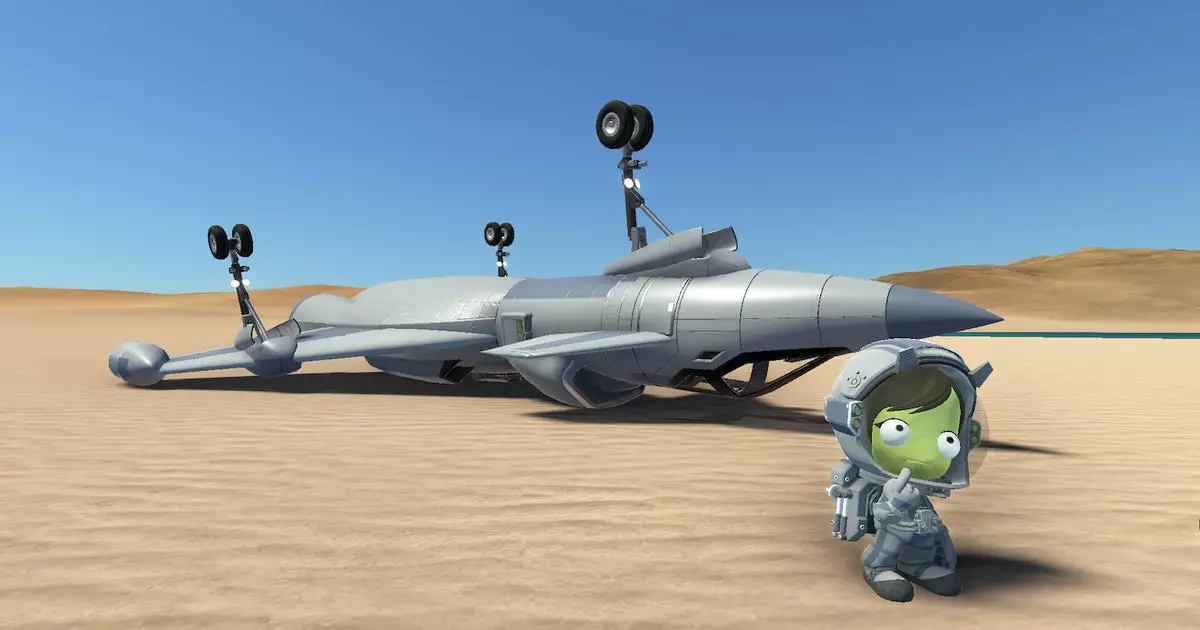In a significant move within the gaming industry, Take-Two Interactive has sold its publishing label, Private Division, effectively signaling a pivot in its strategic direction. This decision to divest from a roster of “live and unreleased titles” associated with Private Division comes amid broader changes in the company’s operational focus, particularly as it reassesses the types of games it seeks to publish and support.
Karl Slatoff, company president, articulated the rationale behind this decision during an investor call, highlighting Take-Two’s commitment to enhancing its core and mobile business lines. The successful franchises of Grand Theft Auto and Borderlands are cornerstones of Take-Two’s financial strategy, evidenced by the company’s recent strong fiscal results for the second quarter of 2025. The impetus seems unequivocal: shifting focus towards cultivating large-scale AAA games, which have historically provided higher returns on investment. This move to sell Private Division underscores a greater trend within the gaming industry, where publishers with substantial portfolios are increasingly consolidating to prioritize marquee titles over smaller, independent projects.
The sale encompasses most of Private Division’s current and future projects, an act that reveals Take-Two’s recognition that the economic viability of mid-tier games may not align with their strategic goals. Among the exceptions is “No Rest For The Wicked,” an early access action role-playing game from the creators of the critically acclaimed Ori series, indicating that Take-Two still sees potential in specific smaller titles based on established developer reputations.
Take-Two’s CEO, Strauss Zelnick, elaborated on the company’s position regarding its portfolio strategy, noting that the smaller-scale titles offered by Private Division, while having achieved moderate success, did not yield the type of high revenue that AAA games are capable of generating. His comments resonate with a prevailing sentiment in the industry: as financial pressures mount, the appetite for risk seems to diminish. Major publishing houses are increasingly warier of investing in innovative, albeit less commercially secure, projects, leading to a scenario where only established franchises receive robust backing.
The recent shut down of development studios Roll7 and Intercept Games adds weight to this shift, emphasizing a severe contraction of creative experimentation in an environment that favors blockbuster-scale franchises. By controlling risk through consolidation, companies like Take-Two are betwixt a rock and a hard place; they must balance fans’ demand for innovation against shareholders’ ceaseless hunger for growth and profit.
The ramifications of Take-Two’s decision extend beyond its own organizational structure. The reduction of resources directed towards independent or mid-tier projects can stifle innovation within the gaming ecosystem as a whole. The original intent behind Private Division was to nurture independent studios, allowing them to flourish; however, the pullback from this approach may leave an underserved gap in the market for gamers who seek unique experiences that AAA studios typically overlook.
Moreover, this shift reflects broader trends observed in other major companies, such as Ubisoft’s decision to dissolve the team behind the well-received “Prince of Persia: The Lost Crown.” The clear takeaway is that in a marketplace increasingly dominated by juggernaut franchises, smaller projects are at risk of being sidelined, creating a less diverse and innovative gaming landscape.
Despite these changes, the future for Take-Two remains optimistic, with predictions of record performance bolstered by the impending release of Grand Theft Auto 6, slated for 2025. The upcoming installment of this flagship franchise rekindles hope and excitement among fans and investors alike, but it also encapsulates the stark reality of today’s gaming industry: success hinges on a few established properties rather than a broad spectrum of diverse offerings.
As the industry molds and shapes its future, it will be telling to see how this emphasis on mega-hits impacts creativity, consumer choice, and ultimately, the evolution of gaming as an art form. For now, Take-Two’s strategic shifts serve as a critical juncture that might profoundly influence the trajectory of game publishing and development at large.


Leave a Reply